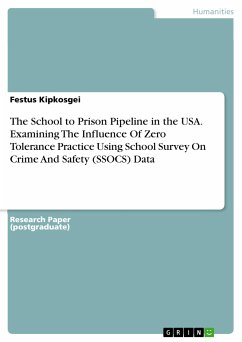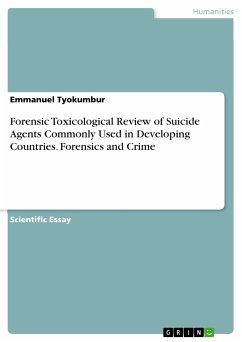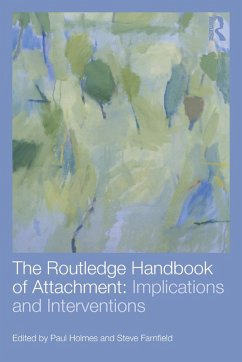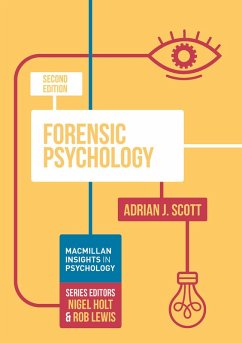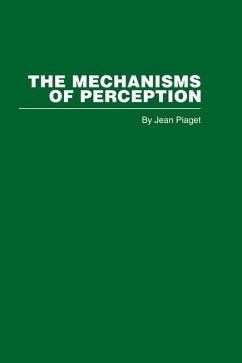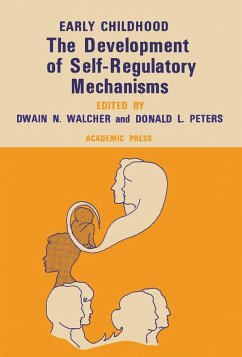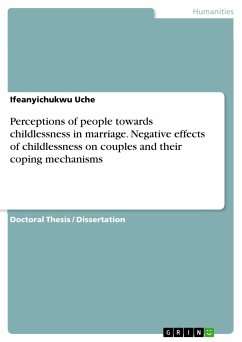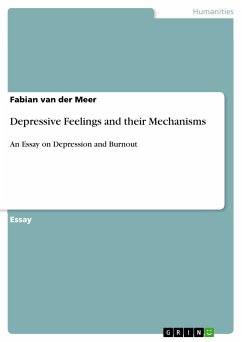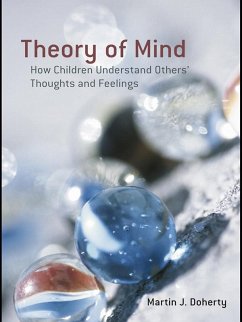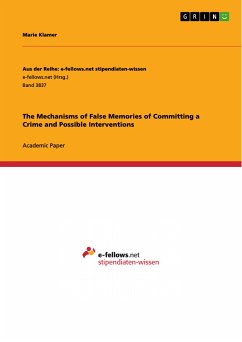
The Mechanisms of False Memories of Committing a Crime and Possible Interventions (eBook, PDF)
Sofort per Download lieferbar
13,99 €
inkl. MwSt.

PAYBACK Punkte
0 °P sammeln!
Academic Paper from the year 2020 in the subject Psychology - Forensic Psychology, Penal System, grade: 1,0, Stockholm University, language: English, abstract: Recent empirical research has provided evidence that false memories of committing a crime can be generated through suggestive techniques. This finding is particularly relevant in light of DNA exonerations that have proven the innocence of convicted individuals. Drawing on empirical research and psychological frameworks, this paper aims at exploring how false memories of committing a crime can be created. Specifically, the source monitor...
Academic Paper from the year 2020 in the subject Psychology - Forensic Psychology, Penal System, grade: 1,0, Stockholm University, language: English, abstract: Recent empirical research has provided evidence that false memories of committing a crime can be generated through suggestive techniques. This finding is particularly relevant in light of DNA exonerations that have proven the innocence of convicted individuals. Drawing on empirical research and psychological frameworks, this paper aims at exploring how false memories of committing a crime can be created. Specifically, the source monitoring model and classic psychological theories are taken into account to discuss underlying mechanisms of false memories. Additionally, risk factors and implications are discussed. This paper concludes with the consideration of possible interventions that could reform current interrogation practices.
Dieser Download kann aus rechtlichen Gründen nur mit Rechnungsadresse in A, B, BG, CY, CZ, D, DK, EW, E, FIN, F, GR, HR, H, IRL, I, LT, L, LR, M, NL, PL, P, R, S, SLO, SK ausgeliefert werden.




